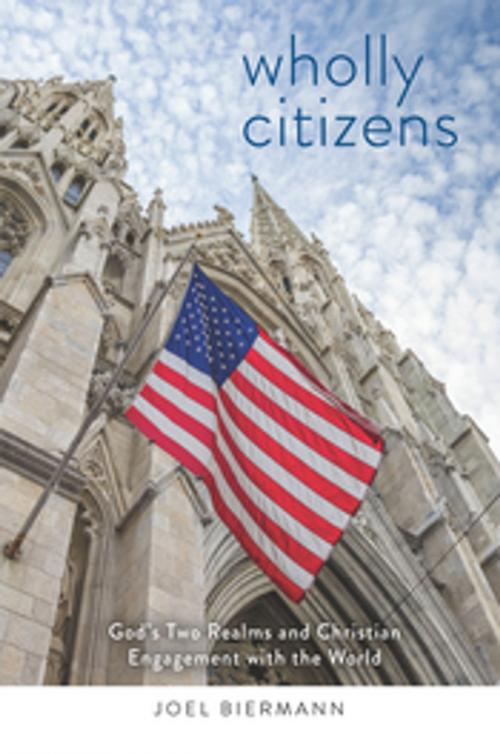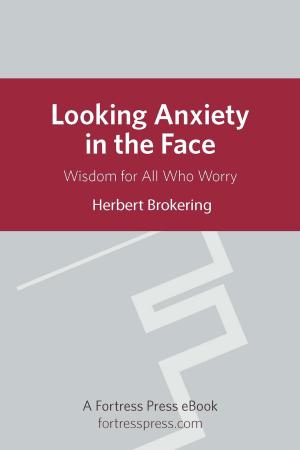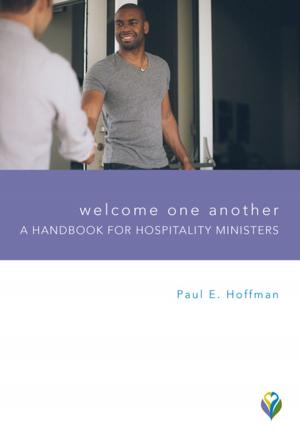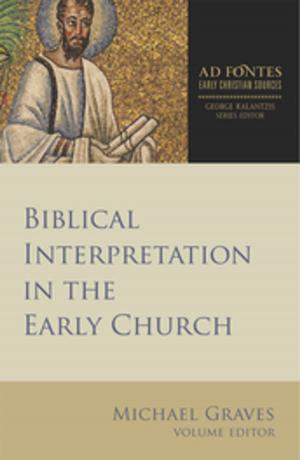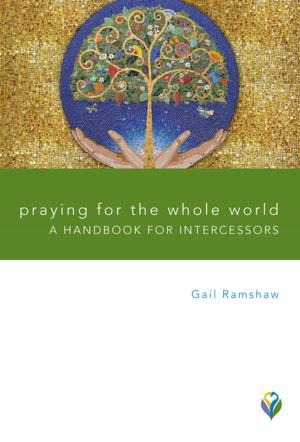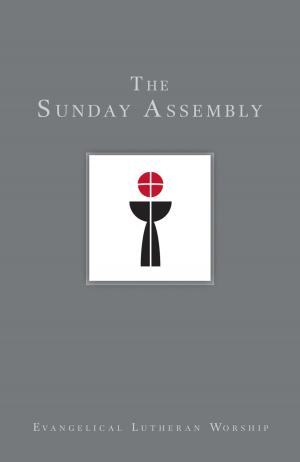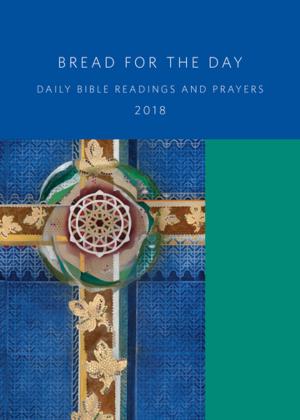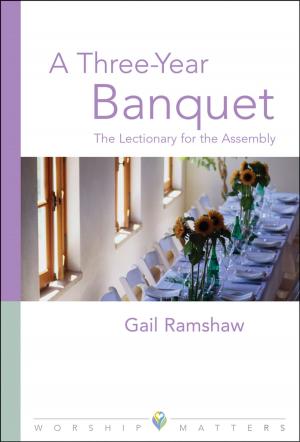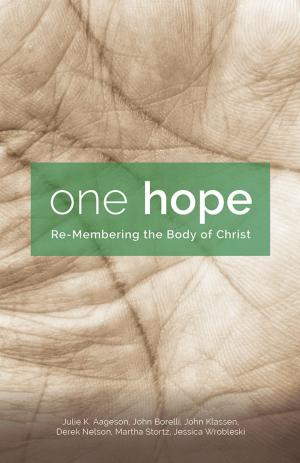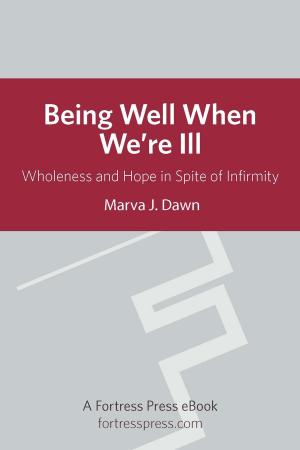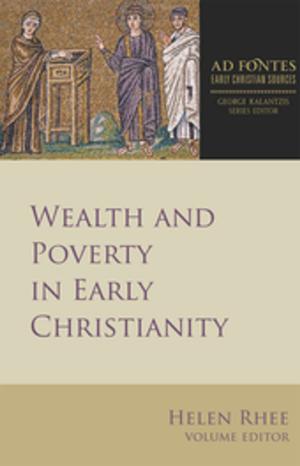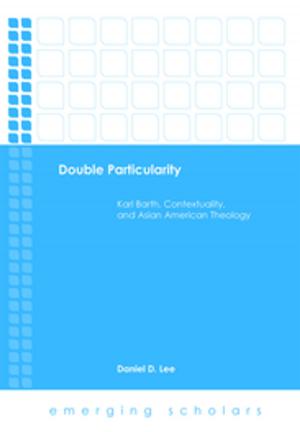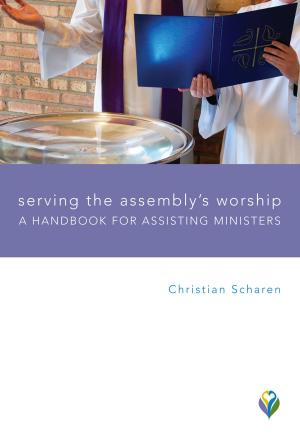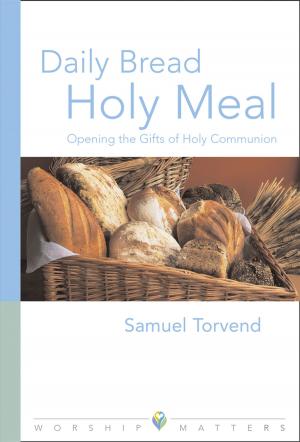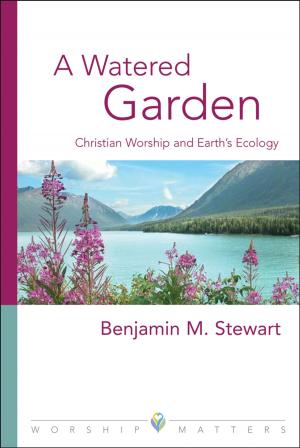Wholly Citizens
God's Two Realms and Christian Engagement with the World
Nonfiction, Religion & Spirituality, Theology, Christianity| Author: | Joel Biermann | ISBN: | 9781506422251 |
| Publisher: | Augsburg Fortress | Publication: | May 1, 2017 |
| Imprint: | Augsburg Fortress | Language: | English |
| Author: | Joel Biermann |
| ISBN: | 9781506422251 |
| Publisher: | Augsburg Fortress |
| Publication: | May 1, 2017 |
| Imprint: | Augsburg Fortress |
| Language: | English |
Wholly Citizens addresses the relation between the church and the world in light of the Reformation teaching of the two realms—especially as presented by Luther. Rather than exploring again the usual texts of Luther from the 1520's, this book begins with a careful reading of Luther's Commentary on Psalm 81 (1531), and then considers subsequent interpreters of Luther, both faithful and otherwise, and the dubious legacy they have left the church. The book argues that both the corporate church as well as individual believers are responsible for the world, and that each must speak directly about and to the world in meaningful ways. The final section of the book addresses the concrete situation facing believers in the early 21st century in light of faithful Reformation teaching about the two realms. Following this path leads to conclusions not entirely expected, including the forthright rejection of “a wall of separation” between church and state, and also a rebuke of the familiar clamor for the preservation of the rights of Christians and the church. Heedless of the status quo, Wholly Citizensoffers an engaging and bracing picture of Christian life in today's world—a picture framed in theological truth.
Wholly Citizens addresses the relation between the church and the world in light of the Reformation teaching of the two realms—especially as presented by Luther. Rather than exploring again the usual texts of Luther from the 1520's, this book begins with a careful reading of Luther's Commentary on Psalm 81 (1531), and then considers subsequent interpreters of Luther, both faithful and otherwise, and the dubious legacy they have left the church. The book argues that both the corporate church as well as individual believers are responsible for the world, and that each must speak directly about and to the world in meaningful ways. The final section of the book addresses the concrete situation facing believers in the early 21st century in light of faithful Reformation teaching about the two realms. Following this path leads to conclusions not entirely expected, including the forthright rejection of “a wall of separation” between church and state, and also a rebuke of the familiar clamor for the preservation of the rights of Christians and the church. Heedless of the status quo, Wholly Citizensoffers an engaging and bracing picture of Christian life in today's world—a picture framed in theological truth.
